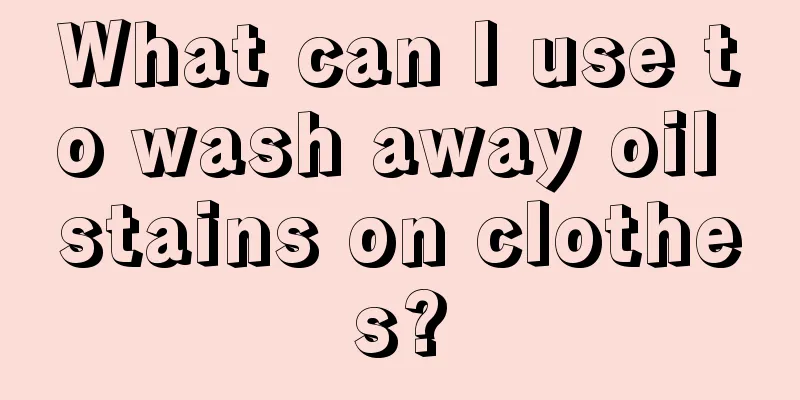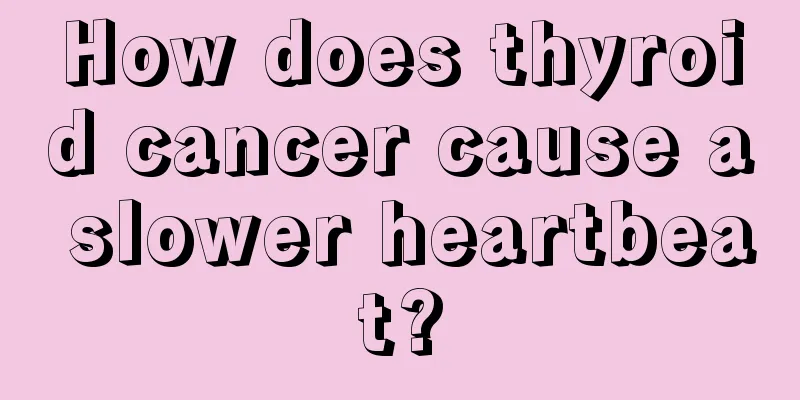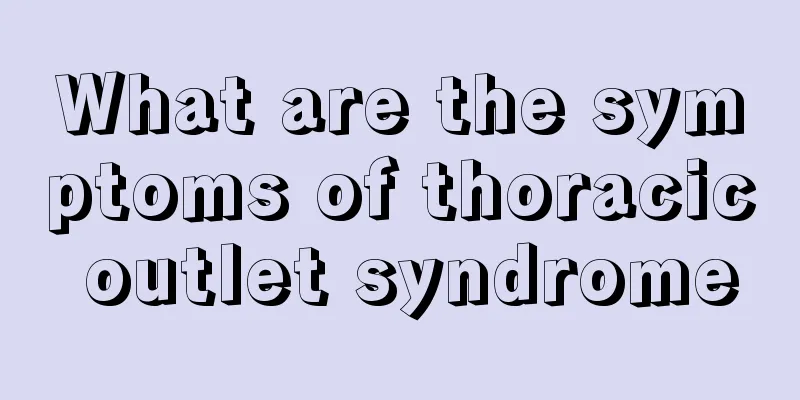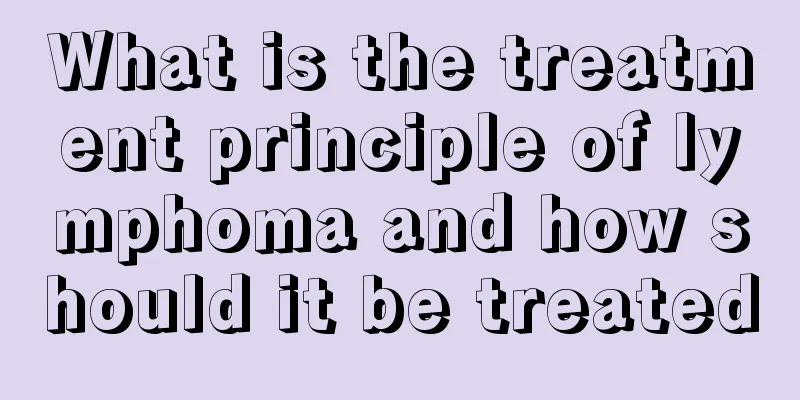What should I do if allergic rhinitis becomes more and more serious?
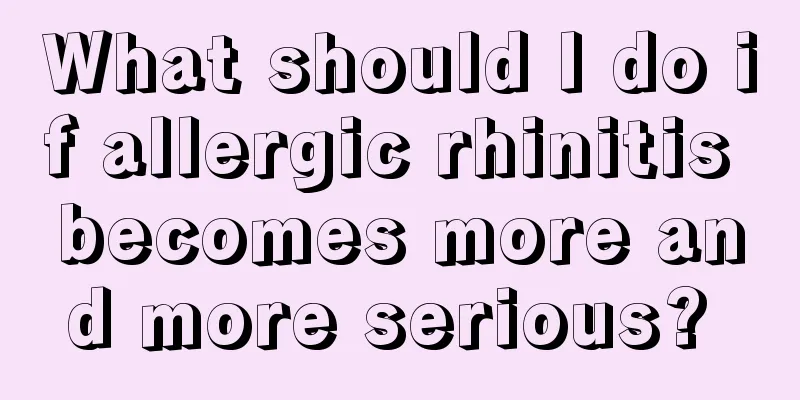
|
Allergic rhinitis is a common disease in daily life and is very difficult to cure. Therefore, if it is not treated in time or the treatment method is inappropriate, it is very easy for allergic rhinitis to become more and more serious. So what should you do if allergic rhinitis becomes more and more serious? In fact, there are five relief methods. The first method is to avoid contact with allergens. 1. Avoid contact with allergens (1) The number of dust mites in the room should be less than 20/m2; maintain the relative humidity of the living space below 60%, but too low (such as below 30%-40%) will cause discomfort; sweep the carpet; wash bedding and curtains. Mite allergens are soluble in water, and washing textiles can remove most of the allergens; use air purifiers and vacuum cleaners with filters. (2) Avoid allergens during the corresponding pollen allergy season. (3) Patients who are allergic to animal fur should avoid allergens. 2. Medication The following factors should be considered: efficacy, safety, cost/effectiveness ratio, etc. Intranasal and oral administration are commonly used, and the efficacy may vary between different patients. There is no long-term sustained efficacy after discontinuation of the drug, so maintenance treatment is required for persistent allergic rhinitis. Prolonged treatment does not lead to rapid drug resistance. Intranasal administration has many advantages. High concentrations of drugs can act directly on the nose, avoiding or reducing systemic side effects. However, for patients with other allergic diseases, drugs need to act on different target organs, and intranasal administration is not the best choice. Systemic drug treatment is recommended. (1) Antihistamines Oral or nasal second-generation or new H1 antihistamines can effectively relieve symptoms such as nasal itching, sneezing and runny nose. It is suitable for mild intermittent and mild persistent allergic rhinitis, and can be used in combination with nasal corticosteroids to treat moderate to severe allergic rhinitis. (2) Nasal corticosteroids can effectively relieve symptoms such as nasal congestion, runny nose and sneezing. For critically ill patients who do not respond to other drug treatments or cannot tolerate nasal medications, oral corticosteroids can be used for short-term treatment. (3) Anti-leukotriene drugs are effective for allergic rhinitis and asthma. (4) Chromone drugs are effective in relieving nasal symptoms, and eye drops are effective in relieving eye symptoms. (5) Intranasal decongestants can relieve nasal congestion symptoms caused by nasal congestion, and the course of treatment should be controlled within 7 days. (6) Intranasal anticholine drugs can effectively suppress runny nose. (7) Some Chinese medicines are effective in relieving symptoms. The treatment principles for children and the elderly are the same as those for adults, but special attention should be paid to avoiding adverse drug reactions. (8) Pregnant patients should use various drugs with caution. |
<<: What are the benefits of arm scraping?
>>: Can I do scraping on my waist?
Recommend
Where is nasopharyngeal cancer most likely to occur and how to prevent it
The incidence of nasopharyngeal cancer will infec...
Symptoms of high blood sugar and ketone body poisoning
Now that people's living standards have impro...
Will skin cancer kill you if it's not treated?
The incidence of skin cancer in my country is ver...
How much deep sleep is healthy?
In today's society, many people have encounte...
What to do if you cough up blood due to small cell lung cancer
Patients with small cell lung cancer who cough up...
What's wrong with my heart beating wildly
In our daily lives, many people are very concerne...
Can ovarian tumors be cured in the mid-term?
Everyone is afraid of getting cancer. Many ovaria...
Side effects of Shouwu powder
Shouwu powder is powder made from Polygonum multi...
What is aortic valve calcification and regurgitation?
Aortic valve calcification and regurgitation are ...
Causes of Arthritis
There are many different symptoms of arthritis, w...
What to do if the egg doesn't change properly?
Every spring is the season for preserved eggs. Du...
What are the examination methods for kidney cancer patients
Nowadays, many people suffer from some diseases, ...
Blurred vision caused by cerebral infarction
Cerebral infarction is a disease that poses great...
How to remove blood stains from white clothes
In our daily life, clothes are often stained with...
Why is chicken red
Many people are very confused about why chicken l...


